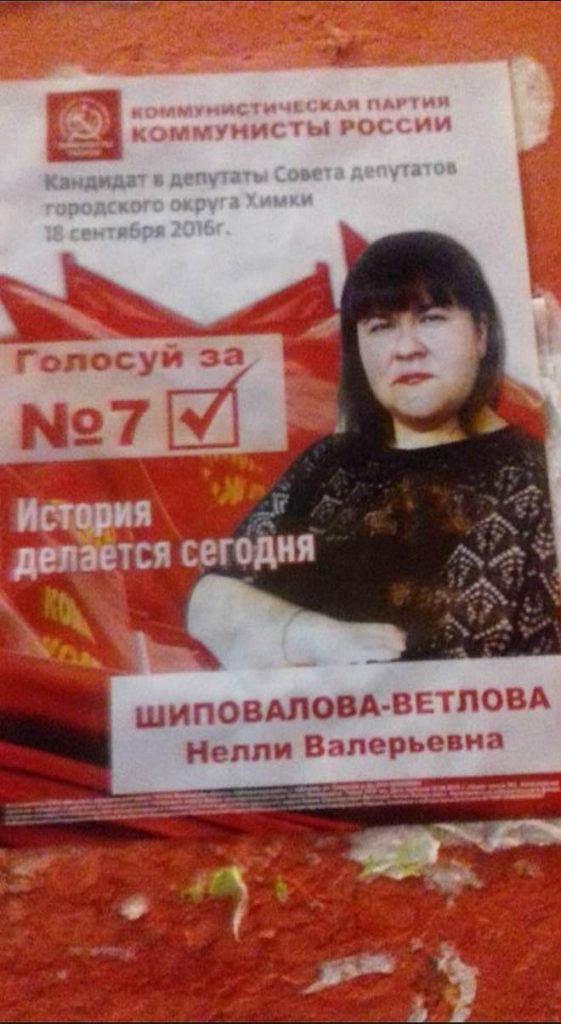Russians rarely smile but instead exhibit what many would consider a poker face, such a the above photo. There are a lot of historical, sociological and philosophical reflections on the matter. Recently there interesting new research has been performed on the matter, to be discussed below.
In Russia it is not acceptable to smile while on duty or performing any serious business. In fact a person can be severally punished for smiling in Russia.
When I was 14 or 15 years old, I was the head of my high school’s radio station. I guess I made some ideological mistake in one of my radio programs, so I was called to face the criticism of the members of the school’s young communists committee. I don’t remember for what I was criticized, because my error was insignificant and the criticism was also minimal. All participants of the event would forget about the event in a couple of days if not for the fact that I was smiling while I was being criticized.
I was smiling just because at this period of my life the mood for smiling was my almost permanent mood. But the members of the committee didn’t know that. They probably never have been in a similar mood. They interpreted my smile as a sign of my mocking them. There was a big commotion. I really could be thrown out of the school. For a smile. It’s still in my memory.
When I got married I discovered that my wife recalled a very similar experience in her youth. From time to time I’ve encountered other Russians who had this un-Russian habit of uncontrolled smiling in their younger years. All of them remember problems they encountered.
Seregei Dovalatov, ne of the most popular Russian writers of my generation, recalls in his autobiography that he was severely criticized for smiling during an editorial meeting of a Russian magazine.
I have a film critic friend in Russia, a good looking, intelligent woman. She had lived several years in the US, known English very well and even worked as a journalist in the US. She hated America and had returned to Russia. The main object of her hatred was American smiles. She is sure that American smiles are reflecting only one thing: insincerity. “An American waitress or a secretary smiles at you to hide how much she hates you,” believes this woman. I couldn’t convince her otherwise.
The well known Russian writer Emanuel Kazakevich, being a Soviet officer during the WWII, was a commandant of a German town in 1945. He wrote a book about his experience. The town was located near the border between the Russian and American zones of occupation.
Once a group of partying American officers lost their way and was discovered by the Russians deep into territory of the Russian zone. It wouldn’t be a big deal: after all Russians and Americans were allies. But Americans found the events funny: they were smiling and laughing. Such behavior was absolutely unacceptable from the point of view of the Russians.
The Russians came to the conclusion that the Americans had planned some anti-Russian actions: sabotage or spying. I’ve re-read this book some years ago, living in America, and I was shocked by the fact that Emanuel Kazakevich, a Jew, one of the brightest, intelligent and smart Soviet writers shared the opinion that smiles and laughter could be nothing but the signs of insincerity of Americans.
So what are the roots of such Russian attitude about smiles?
Contemporary Russian researcher E. L. Volkov believes that one of the main reasons is Russian Orthodoxy, which particularly esteems the works of the Fathers of the Church of the first eight centuries of Christianity. The Holy Fathers warned that laughter is a tool of the devil who seduces humans and then laughs at them. The Russian Church in the Middle Ages persecuted roving actors and buffoons, the representatives of the folk culture.
“Blessed are those who mourn, for they shall be comforted,” the Scripture said. The tears, not laughter became especially revered in the Orthodox tradition of spirituality.
“Crying” (lamentation) is one of the main genres of Russian folklore and Russian literature. For example, The Lament of Yaroslavna is the most known part of the ancient The Tale of Igor’s Campaign” the first example of Russian poetry.
Famous Russian philosopher Berdyaev in his work “The Fate of Russia” sees the reasons for Russian unsmiling in the vast expanses of the country, the harsh climatic conditions of life, and long-term struggle for survival, which formatted the special psychological makeup of Russian people. Berdyaev wrote: “Russian soul is suppressed by boundless Russian fields and boundless Russian snows, it is submerged into and dissolved in the vastness of Russia. Russian soul is bruised by expanse, it sees no boundaries, and this fact does not liberate but enslaves it. The spiritual energy of the Russian people went inside, into contemplation, into the cordiality… “
According to this month article from the Atlantic entitled “Why Some Cultures Frown on Smiling”:
“… [Polish psychologist Kuba] Krys focused on a cultural phenomenon called ‘uncertainty avoidance.’ Cultures that are low on this scale tend to have social systems—courts, health-care systems, safety nets, and so forth—that are unstable. Therefore, people there view the future as unpredictable and uncontrollable.
Smiling is a sign of certainty and confidence, so when people in those countries smile, they might seem odd. Why would you smile when fate is an invisible wolf waiting to shred you? You might, in those ‘low-UA’ countries, even be considered stupid for smiling.”
Recently I noticed on the Russian Internet an advertisement for a new candidate to represent Russian Communists in Moscow government. I think her portrait illustrates the subject.



